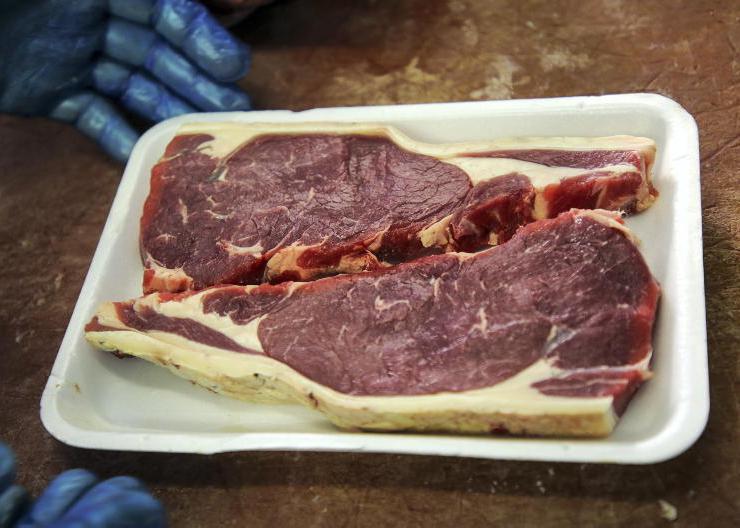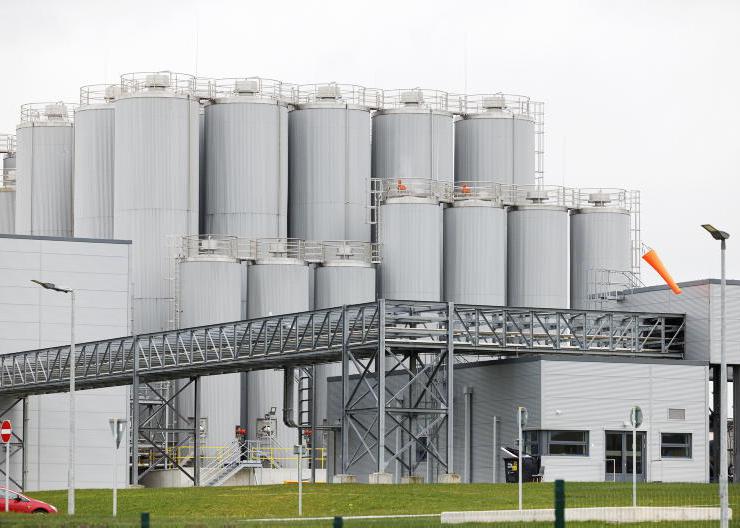It had been a long time since I was at an actual physical meeting of our local county IFA executive. With the president Tim Cullinan there to give an account of how he saw developments, it was a good opportunity to catch up.
Not surprisingly, the first thing on everyone’s mind was the discussions that had recently taken place with the main supermarket groups over the prices paid to farmers for pigs, poultry and vegetables.
Following a meeting with Dunnes Stores personnel, headed by the formidable Margaret Heffernan, daughter of founder Ben Dunne, the IFA has reasserted – after the pandemic – its position as the recognised body to represent and negotiate on behalf of Irish farmers.
The question now is what is the best way of getting results that benefit both members and farmers in general.
Below-cost selling legislation was enacted in Ireland in 1987 and abolished – ironically – by Micheál Martin in 2005
It is clear that the legal framework is not suitable for dealing with the gross disparities in bargaining power between companies with a major share of a national market and individual farmers and growers.
We have been endlessly promised legislation to deal with this area. Below-cost selling legislation was enacted in Ireland in 1987 and abolished – ironically – by Micheál Martin in 2005 in his role as Minister for Enterprise.
It is clearly time to review it, as well as examining the legal safeguards given to producer groups in centrally negotiating with major purchasers.
The losses on the pig side are horrifying
It is unlikely that the Government will start the tedious process of drafting new legislation in this area, given all the other issues that occupy parliamentary time, but there is nothing to prevent farmers from drafting a bill and presenting it to Government.
It would be a new departure and a challenge for the IFA, but it should be seriously considered.
The losses on the pig side are horrifying. I was taken aback when it was asserted that the typical 500-600 sow producer is at the moment losing €50,000 a month.
Otherwise, as Tim Cullinan pointed out, the worst of the immediate threats to calf exports and the nitrates derogation have been avoided, at least for the moment, but he is right, the push for a sensible climate policy in relation to farming with a recognition of the likely role of feed additives in reducing methane, as well as the recognition of farmers’ rights of the ownership of carbon credits generated by them, has to continue.








SHARING OPTIONS